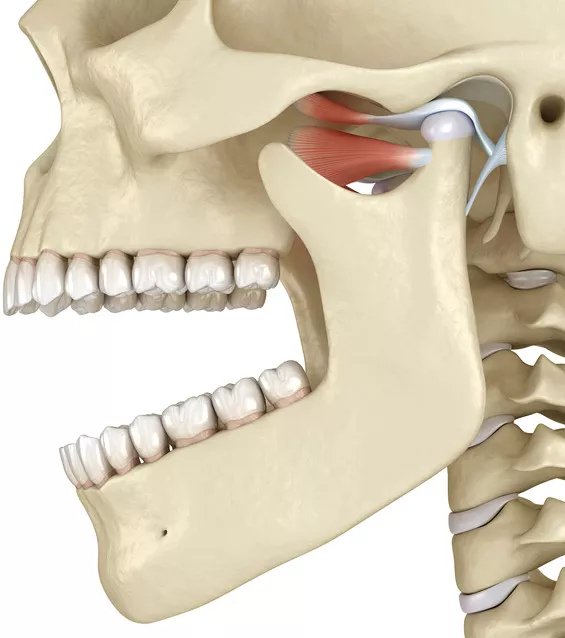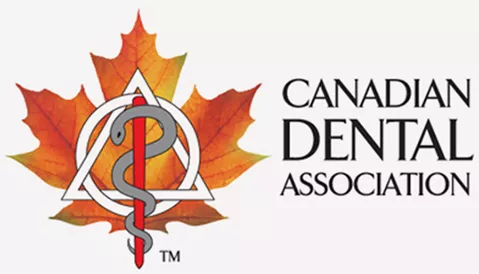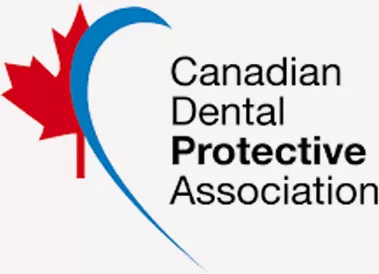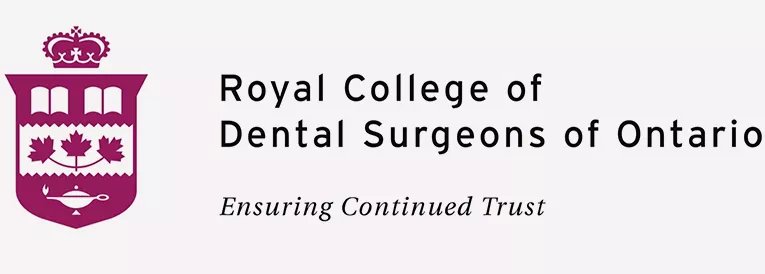Get Relief from Chronic Jaw Pain
TMJ disorder can cause chronic headaches and jaw pain, as well as difficulty chewing and swallowing. We offer diagnosis and treatment to help you find relief.

What Is TMJ Disorder?
TMJ Disorder is the name for a group of disorders that cause pain in the temporomandibular joint between your lower jaw and your skull. The cause can be difficult to determine – causes can include arthritis, genetics, stress, or injury. TMD symptoms can include chronic facial and jaw pain, headaches, difficulty opening your mouth and swallowing, and a clicking or popping sound when you chew.
Diagnosis & Treatment
Diagnosis of TMD focuses on discovering the root cause of the pain. We’ll examine your overall health and stress level, your teeth and jaw structure, and whether you suffer from nighttime grinding or malocclusion.
Once we determine the cause, there are a variety of treatments we can use to provide relief. We may recommend or prescribe anti-inflammatory medication, physiotherapy, massage or stretches, orthodontic treatment, or stress reduction techniques. Once the inflammation has been treated, the TMD symptoms should subside.

Frequently Asked Questions
What are the risk factors for TMJ disorder?
TMJ disorder, sometimes called TMD, often develops when your jaw is under extra strain. Grinding or clenching your teeth, chewing gum often, or biting on hard objects can increase stress on the joint. Past injuries, arthritis, or a misaligned bite may also contribute. Stress is another common factor, since it can cause jaw tension. If you’re noticing regular pain, clicking, or tightness, we’d be happy to assess your symptoms and talk about treatment options here in London.
Is there anything I can do at home to manage symptoms?
Yes — there are simple ways to make your jaw feel more comfortable between visits. Warm or cold compresses can ease soreness, and gentle massage around your jaw and temples may help too. Sticking to softer foods, keeping good posture, and practicing relaxation techniques often make a difference. Over-the-counter anti-inflammatories can sometimes provide short-term relief. If your discomfort continues, we can recommend a care plan that’s tailored just for you.
What is the best treatment for TMJ?
The best treatment depends on what’s causing your TMJ symptoms. For many patients, a custom night guard helps reduce stress from grinding or clenching. Others find relief with jaw exercises, physiotherapy, or adjustments to improve how the teeth fit together. At London City Dental in London, we always begin with the most conservative options, and together we’ll find the approach that feels right for you.
Why is my jaw making noise when I chew?
A clicking or popping sound usually happens when the cushioning disc inside your jaw joint doesn’t move smoothly. Muscle tension or misalignment can make this more noticeable. While noise alone isn’t always serious, if it comes with pain, locking, or trouble opening your mouth, it’s a good idea to have it checked. We can help identify the cause and recommend gentle treatments to ease the strain.
What kind of doctor should you see for TMJ?
A dentist is often the best place to start. Dentists are trained to diagnose TMJ disorders and can provide custom appliances, bite adjustments, and other treatments. If your case is more complex, we may work with an oral surgeon, physiotherapist, or another specialist. Beginning with a dental evaluation gives you a clear path forward and helps ensure you get the right care.
Why does one side of my jaw keep locking?
If your jaw locks on one side, it usually means the joint isn’t moving the way it should. The disc inside may be out of place, or the muscles around your jaw may be too tight. Sometimes inflammation in the joint can cause it to “catch.” Because repeated locking can make things worse, it’s best to have your jaw examined. We’ll look at what’s happening and explain the safest way to bring back comfort and movement.
How can a dentist fix a misaligned jaw?
Dentists can often improve a misaligned jaw by bringing your bite and jaw into better alignment. That may mean orthodontic care, restorative treatments like crowns, or a custom bite appliance that lets your jaw move more comfortably. In some cases, specific exercises or specialist care are also helpful. At London City Dental, we’ll create a plan that supports your long-term comfort and makes day-to-day activities like eating and speaking easier.
How can a dentist help with TMJ?
Dentists are often the first step in getting relief from TMJ. We can design a custom night guard, adjust your bite, or recommend treatments that ease tension in the joint. Beyond that, we’ll guide you with exercises, relaxation strategies, and referrals when needed. At our London office, we take the time to listen to your concerns and build a care plan that helps you feel comfortable again.








